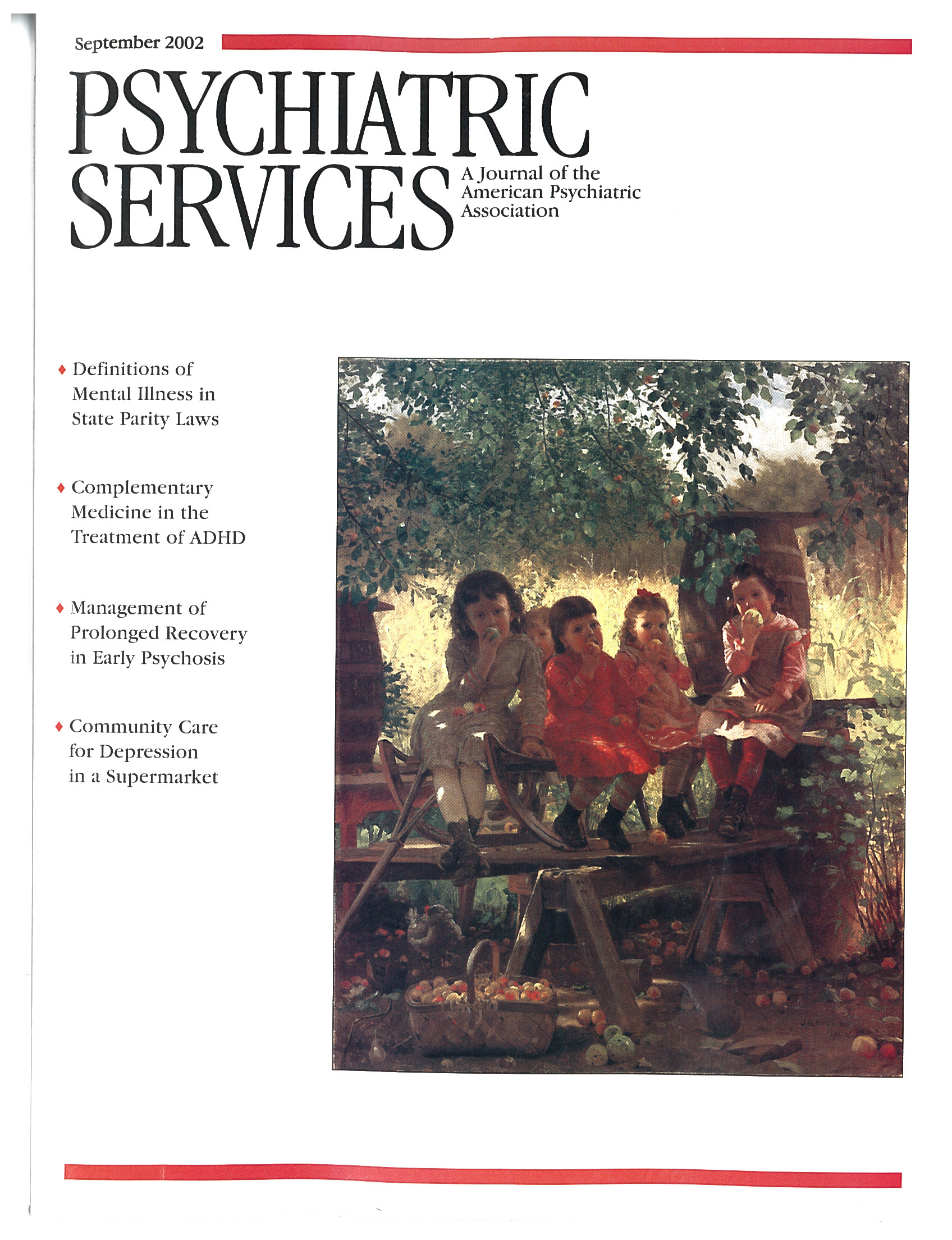Gambling Disorders Among Homeless Persons With Substance Use Disorders Seeking Treatment at a Community Center
Abstract
OBJECTIVES: Epidemiological research suggests that homelessness is a risk factor for elevated levels of psychiatric comorbidity and other health risks. This study examined the prevalence of disordered gambling and its association with treatment of psychiatric and substance use disorders among a cohort of homeless people seeking treatment at a community services program. METHODS: Between 1998 and 2000, intake workers evaluated the level of gambling disorder among 171 consecutive homeless persons with substance use disorders who sought treatment at the Moving Ahead Program in Boston. Program staff administered the DSM-IV subscale of the Massachusetts Gambling Screen at intake. RESULTS: The prevalence rates of level 2 and level 3 gambling disorders were 12.8 percent and 5.5 percent, respectively. These rates are higher than that of the general adult population but comparable to those of other patients with substance use disorders and psychiatric diagnoses. Program participants with level 3 gambling disorders had been homeless more often and at a younger age and had had less substance abuse treatment and more psychiatric treatment than participants with level 1 or level 2 gambling disorders. Participants with level 2 gambling disorders had been homeless more often and for a longer duration than participants without gambling disorders. CONCLUSIONS: These findings should encourage clinicians working with homeless people to screen for gambling-related problems and disorders.



